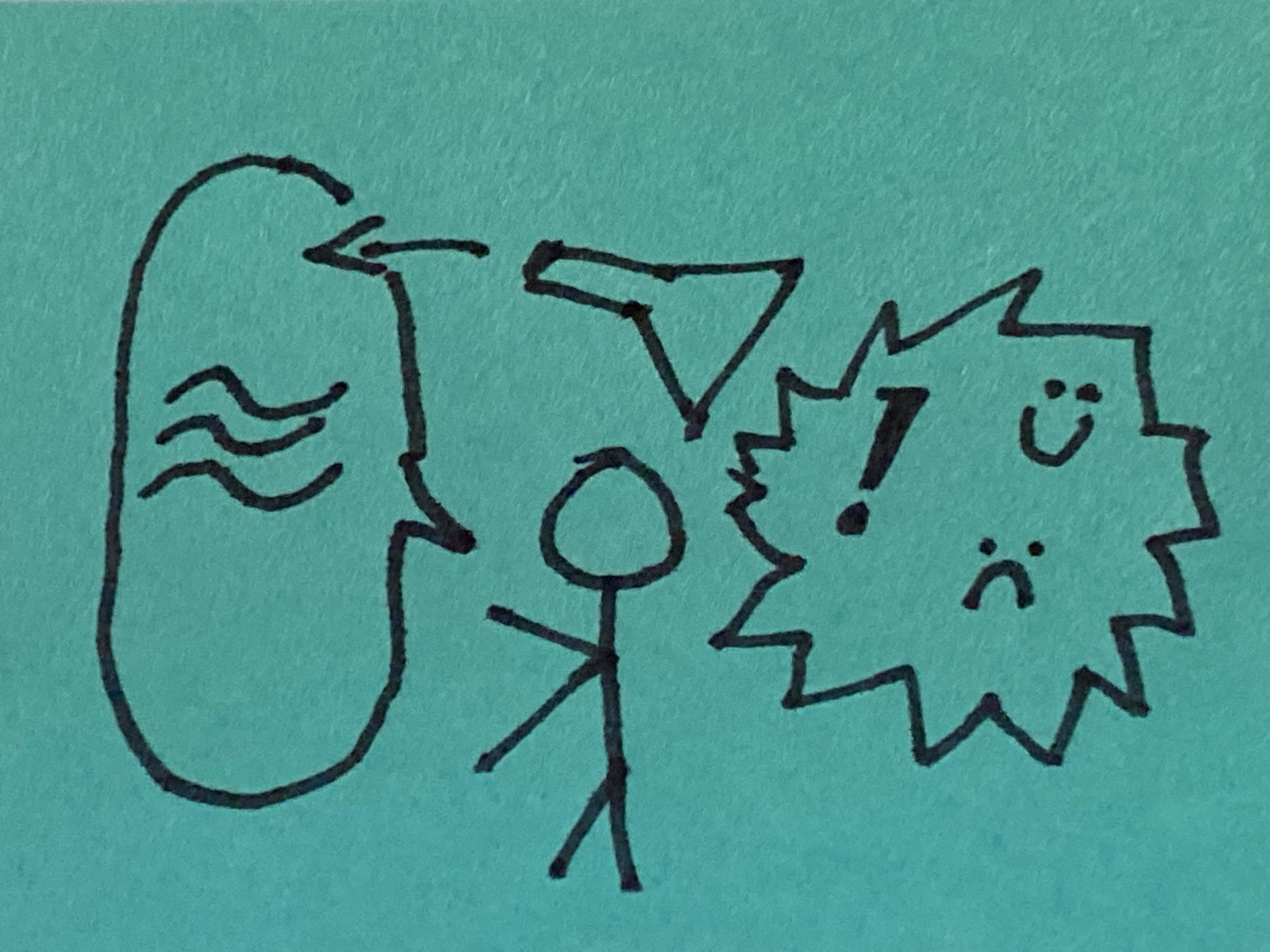Response-ability
Learn to feel your emotions fully without letting them determine the actions you take.

emotions are an important part of being human, but it takes some emotional intelligence to use them for good.
When we suppress emotion to avoid conflict, we lose an important source of information about ourselves and the world, and we become less human. Yet, we don’t want to act on every emotional response we have, especially if it leads to violence.
-
One of the skills of emotional intelligence is the ability to manage emotions, which includes both regulating your own emotions when necessary and helping others do the same, especially under pressure.
-
Regulating your emotions is not the same as shutting them down. You can’t stop emotions from happening without doing some pretty damaging things to your mind. You want to feel your emotions fully. The regulation comes when those emotions flood in and you choose how to react to them. Your reaction is where the regulation comes from.
-
Stephen Covey talks about this in his book 7 Habits of Highly Effective People and calls it our “response-ability”—our ability to choose our response.
-
In the brain, there is an opportunity to engage the thinking brain between when we feel emotions in reaction to circumstances and when we act on them. And there is a feeling of disengaging action (or sometimes clamping down on action) that can happen if you train it.
-
If you’re on the receiving end of someone dealing with strong emotions, try to help them get control so they can calm down. It may be that you were a bit slow in controlling your own emotions and triggered their response; if so, take responsibility for what happened and work to mend the relationship. This is a form of de-escalating a situation.
-
Visualization: In the moment when your emotions are swelling, visualize a large switch, like a light switch, in your mind. It can be as big and sturdy as you need it to be, and it’s connected to your muscles. Let your emotions strike the switch and flip it to the off position. Once it’s flipped, feel your shoulders and arms disengage like the power has been turned off to them. The emotion will still be at full strength in your mind, but it will no longer control your actions.
Therefore:
When you’re flooded with emotion, let your thinking mind stop you from following through on your first reaction; remove yourself from the situation if you need to. Don’t suppress the emotion; let yourself feel it fully, but don’t act on it until it’s had time to dissipate. The more you use your thinking brain during these moments, the more automatic this process will become. If someone else is feeling strong emotion and is having trouble controlling their actions, do your best to talk them through the process so they can calm themselves down.
Once the emotion is no longer a danger, try to determine where it came from—Emotion’s Source